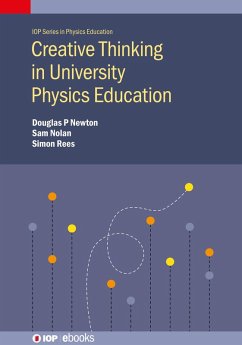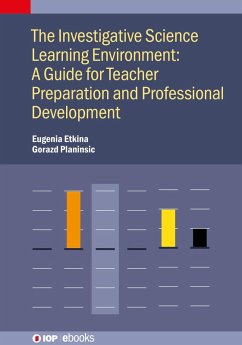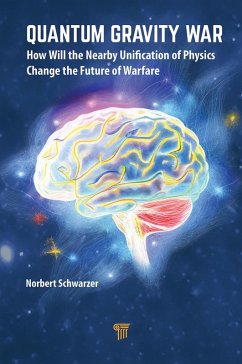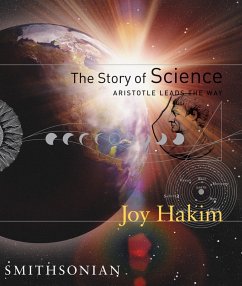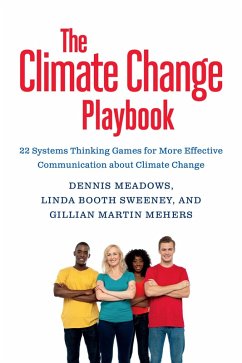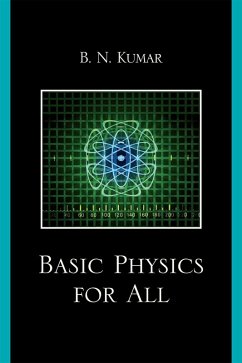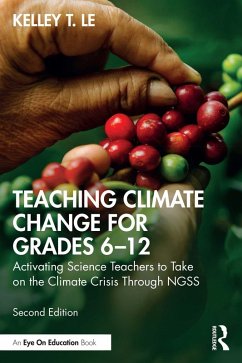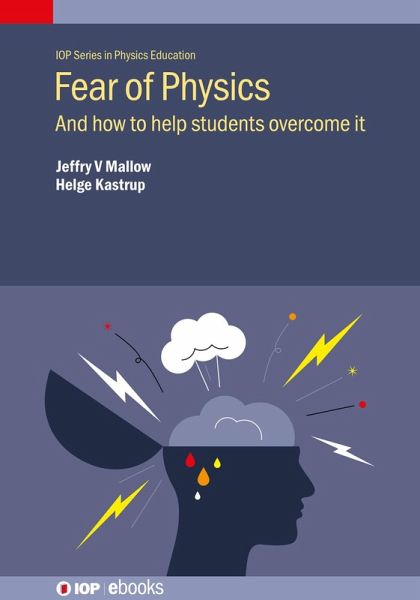
Fear of Physics (eBook, ePUB)
And how to help students overcome it
Versandkostenfrei!
Sofort per Download lieferbar
20,95 €
inkl. MwSt.
Weitere Ausgaben:

PAYBACK Punkte
10 °P sammeln!
An important area of physics pedagogy is the effect of student attitudes and anxieties on physics education. Due to fear, many intellectually able students are unable to obtain satisfactory results in physics. With several decades of experience studying the correlation between science attitudes and anxieties in various student populations, the authors of this comprehensive text discuss how preconceptions and misconceptions about physics often produce anxiety, and they frame this within the wider field of science anxiety. Topics covered include student attitudes, science anxiety, gender, nation...
An important area of physics pedagogy is the effect of student attitudes and anxieties on physics education. Due to fear, many intellectually able students are unable to obtain satisfactory results in physics. With several decades of experience studying the correlation between science attitudes and anxieties in various student populations, the authors of this comprehensive text discuss how preconceptions and misconceptions about physics often produce anxiety, and they frame this within the wider field of science anxiety. Topics covered include student attitudes, science anxiety, gender, nationality, mathematics anxiety, classroom pedagogy, laboratory pedagogy, group project pedagogy, pedagogies for different student populations, constructivism, social engagement, information technology and issues relevant to distance learning. The book expertly brings together these topics and explains their connections with attitudes and anxiety.
Key Features
Key Features
- Discusses barriers to learning physics and how to overcome them
- Focuses on physics teaching at university level
- Provides a non-technical description and explanation of emotion-related issues in physics education
- Focuses on innovations to maximize student confidence and reduce anxiety
- Explains how physics educators can pay attention to attitudes and anxieties in their teaching
- Explains how physics education researchers can assess how studies into attitudes can be broadened by connecting them with studies of science anxiety
Dieser Download kann aus rechtlichen Gründen nur mit Rechnungsadresse in A, D ausgeliefert werden.




